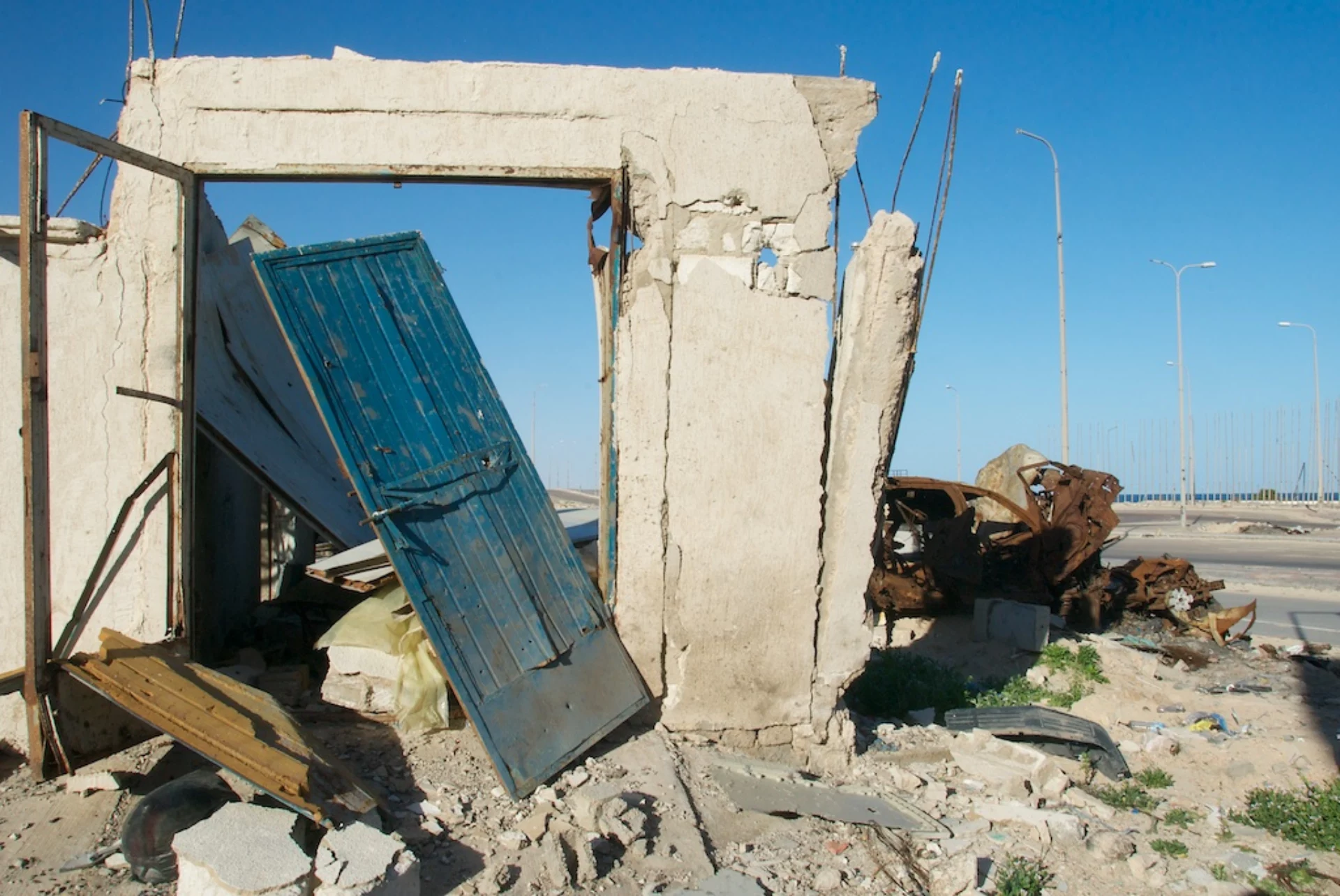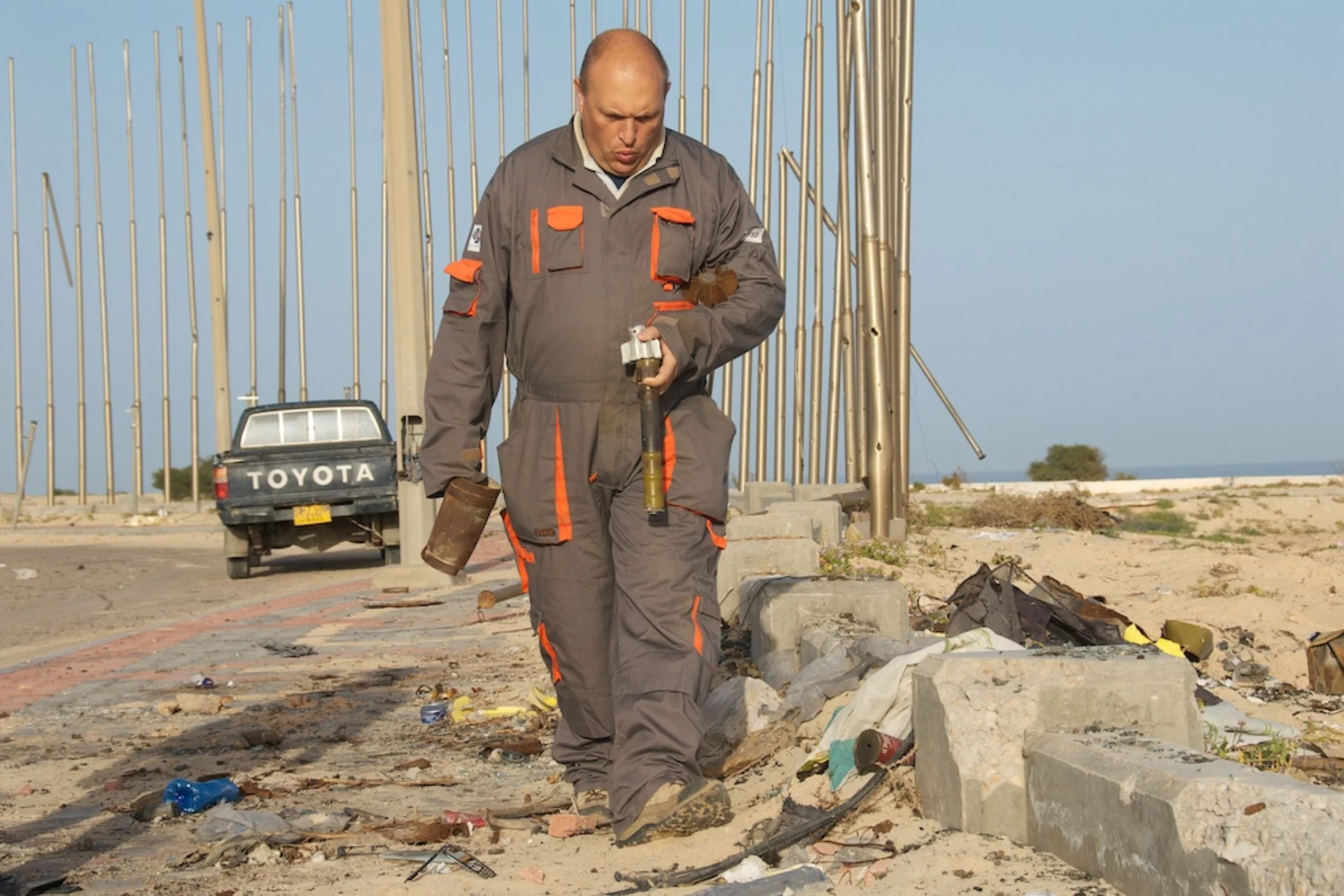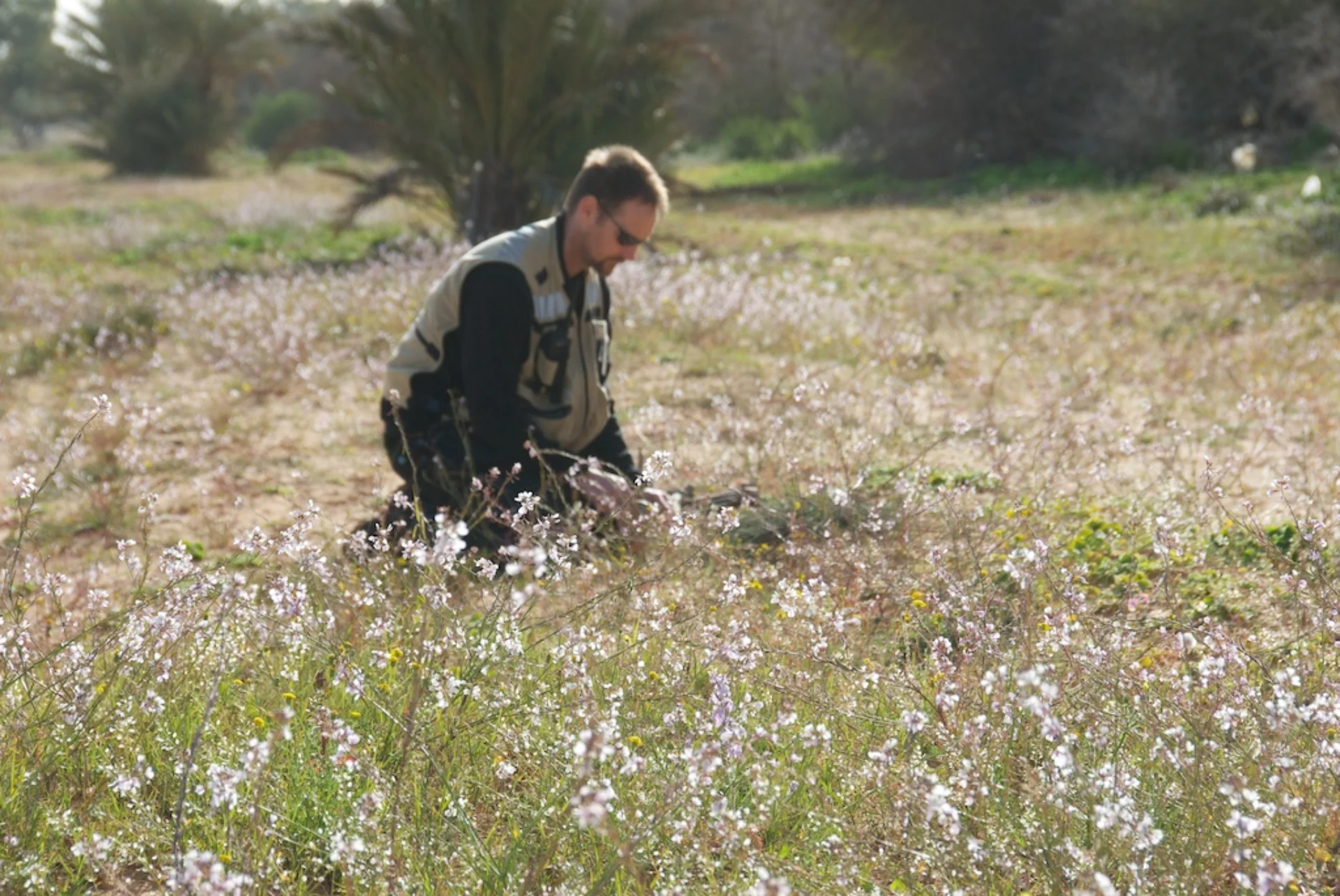Libya
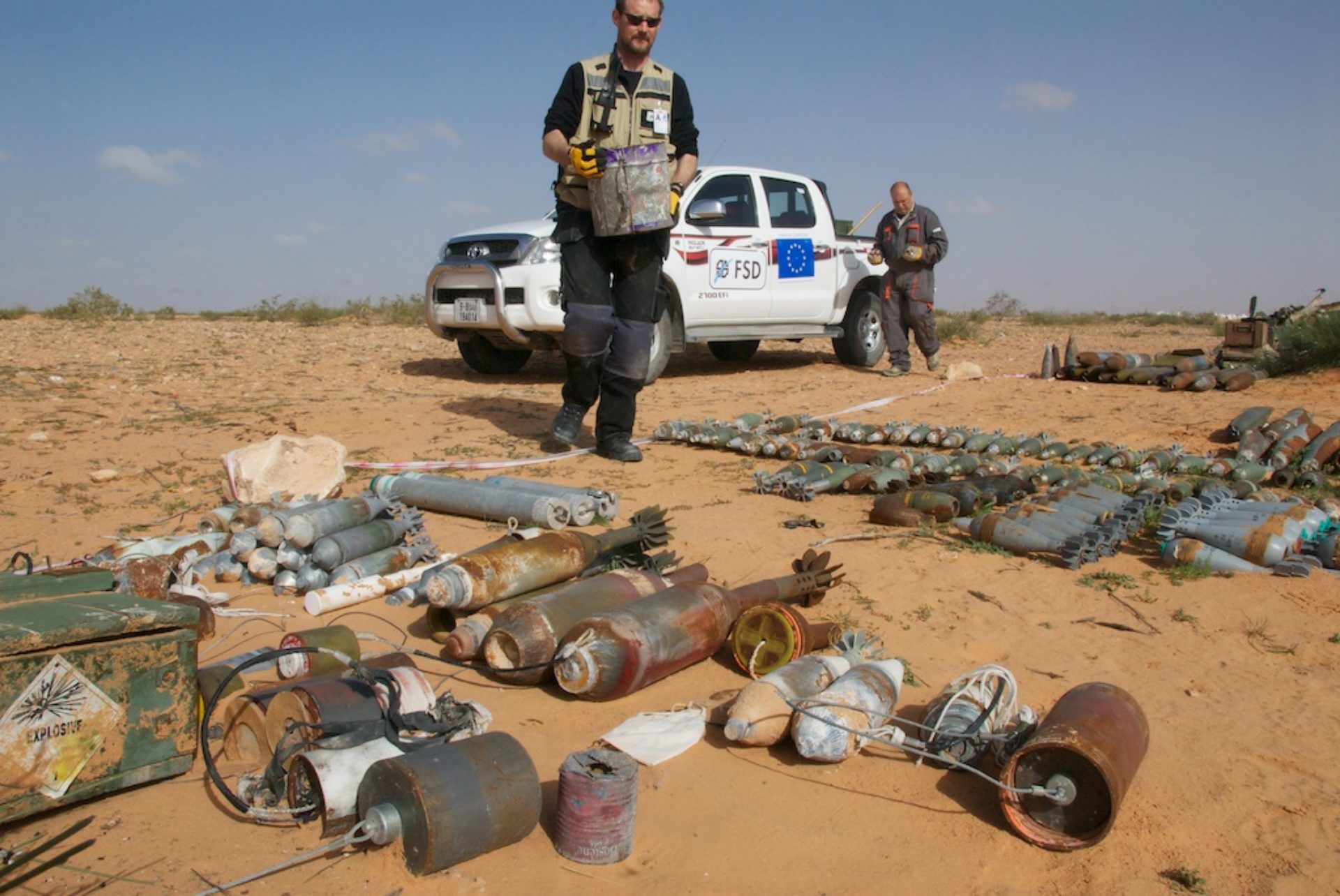
A widespread contamination
Following the first Libyan conflict in 2011, the country became heavily contaminated with landmines and explosive remnants of war. The proliferation of weapons and ammunition stored in unsecured depots further increased the risks to the population and fuelled regional instability.
A coordinated and targeted response
As a member of the Joint Mine Action Coordination Team, alongside the United Nations and other NGOs, FSD deployed two emergency demining teams as early as 2011. In 2012, the teams focused their efforts in Sirte, where every house and every street was cleared following intense fighting.
From 2013 to 2014, operations continued from Tripoli, combining humanitarian demining with the management of weapons and ammunition stockpiles in Hun and Waddan. These activities included training and technical assistance to reduce the risk of looting or accidental explosions caused by poor stockpile management. From Benghazi, FSD also conducted a nationwide survey of former ammunition depots.
Tout au long de ses opérations, la FSD a organisé des sessions de sensibilisation aux dangers des engins explosifs, afin de prévenir les accidents.
Demining and capacity building for a lasting impact
FSD’s activities have led to the destruction of tens of thousands of explosive devices, significantly reducing risks to civilians. The training provided has strengthened the capacities of Libyan forces in managing weapons and ammunition stockpiles for destruction, thereby helping to prevent further incidents and improve long-term safety.
For nearly 30 years, FSD has been working to make land safer. Explore the key milestones of our humanitarian work since our first demining operation in 1998.
Latest news from FSD
View all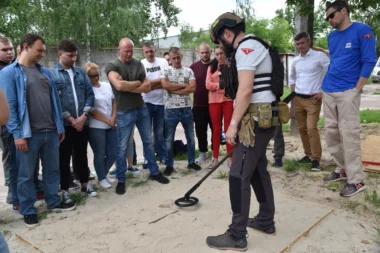
How to become deminer?
FSD’s deminers come from all walks of life: farmers, teachers, IT specialists and many others. Many have had their lives…
Humanitarian demining Iraq
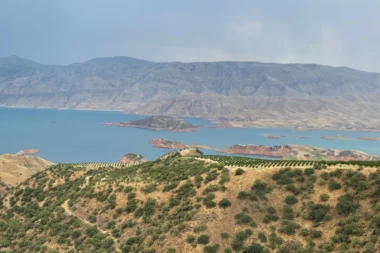
Tourist destinations still marked by the scars of war
In the world, nearly one in three countries remains contaminated by landmines and explosive remnants of war, particularly across much of South-East…
Landmines and explosive remnants Colombia Iraq Sri Lanka
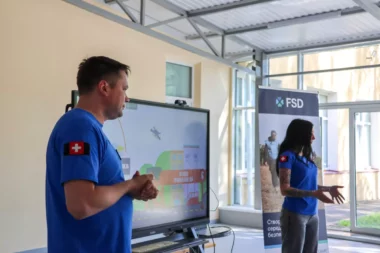
Beyond demining: preparing to hand over the reins
Faced with this reality, FSD — with the support of Switzerland — is working on two fronts: clearing land today,…
Humanitarian demining Prevention and risk education Ukraine
